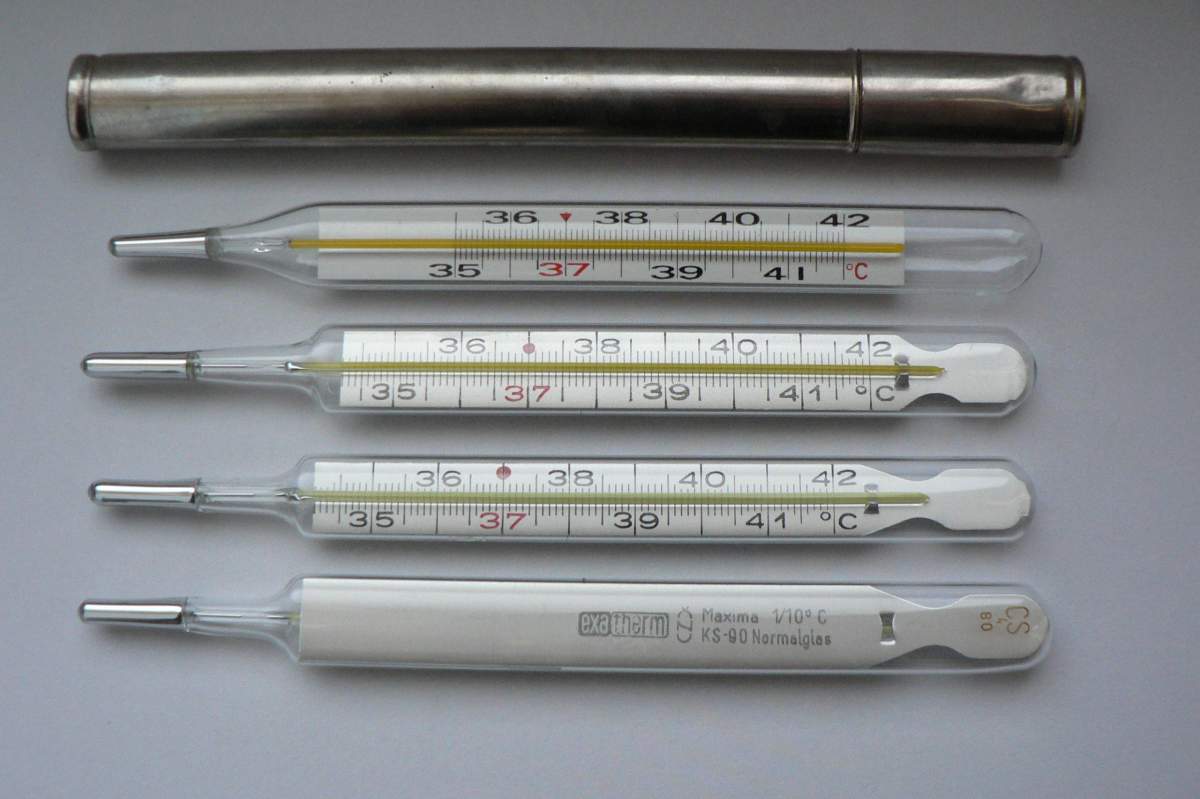
Thermometers can tell us when food is cooked safely. They can tell us whether or not we're running a fever. But did you know that there are very tiny thermometers being made that can help people better understand molecular biology?
Some proteins and the RNA molecule already behave and act as tiny thermometers in living organisms. Using these natural processes as models, researchers at the University of Montreal have created programmable thermometers made from DNA. They are set to fold and unfold at specific temperatures. These thermometers are 20,000 times smaller than the width of a human hair.
Tiny thermometers could help us better understand molecular biology. For example, we know that the inside of the human body has a temperature of around 98.6 degrees Fahrenheit. But what about inside individual cells?
The researchers are also looking into whether organic nanomotors and machines inside cells overheat when running at a high rate. As of the time of this posting, we still don't whether there is a large temperature variation between cells. And finally, it may one day be possible to use DNA thermometers in electronic devices to monitor temperature fluctuations at the nanoscale.









